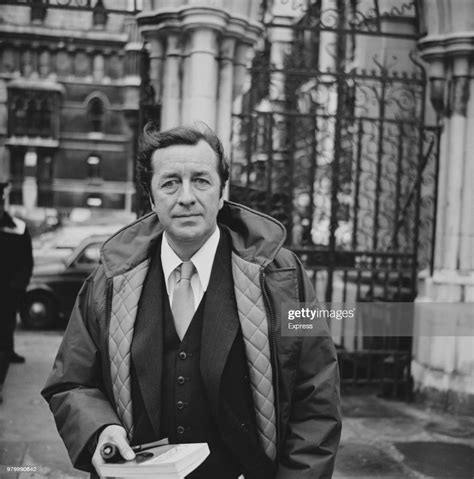A Quote by Robert A. Heinlein
No intelligent man has any respect for an unjust law.
Quote Topics
Related Quotes
In a democracy - even if it is a so-called democracy like our white-?litist one - the greatest veneration one can show the rule of law is to keep a watch on it, and to reserve the right to judge unjust laws and the subversion of the function of the law by the power of the state. That vigilance is the most important proof of respect for the law.
If one class of society is obliged, in order to live, to take any price for its services, while another can abstain from such action thanks to resources at its disposal which, however, are not necessarily due to any social superiority, the second has an unjust advantage over the first at law. In other words, there cannot be rich and poor a birth without there being unjust contracts.
The universe exists under a reign of eternal law, surpassing the imperfect laws of human government. Such orderliness, such domination by law, imply intelligent planning and purpose. Nothing happens of itself. Nowhere, in the age-old experience of man, has continued order been found except as the product of intelligent direction.
































